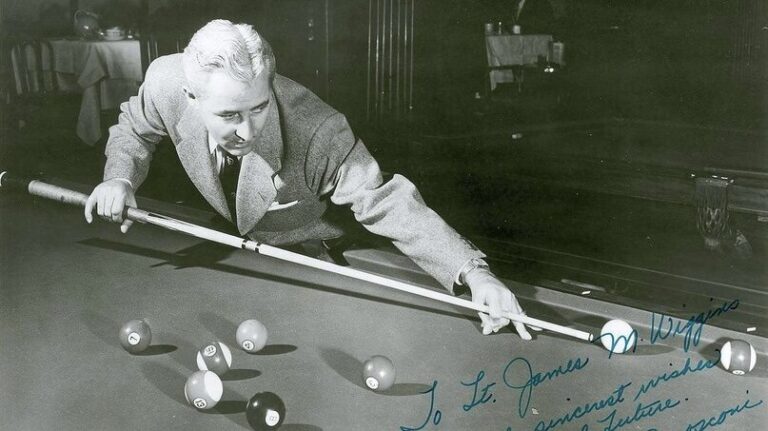Good Friday Agreement
The Good Friday Agreement (Belfast Agreement) reached its final terms at a historic breakthrough on April 10th 1998 to end The Troubles conflicts across decades. Commonwealth-nations such as the United Kingdom and Ireland together with most Northern Ireland parties formed an alliance that resulted in the creation of the historic Good Friday Agreement. Through the agreement Northern Ireland experienced a major historical change aiming to stop 30 years of religious violence between Protestants who supported UK affiliation and Catholics who wanted unity with Ireland. By that time more than 3,500 deaths occurred from the conflict. These are the principal elements which appear in the Good Friday Agreement: The power-sharing initiative established a brand-new Northern Ireland Assembly that enabled unionists and nationalists to join together in executive roles. Organizations holding military arms had to destroy all their weapons according to the terms of the agreement. The Royal Ulster Constabulary underwent administrative reform to create more support from all segments of the community. The Republic of Ireland modified its constitutional wording about territorial interests in Northern Ireland with UK acknowledgment of majority vote procedures to determine future political status. The people expressed their broad support for the agreement when they voted in favor of it during referendums conducted simultaneously across Northern Ireland and the Republic of Ireland during May 1998. Major international powers praised this diplomatic success primarily because of the unremitting leadership of John Hume, David Trimble, Gerry Adams and U.S. Senator George Mitchell who led the peace talks.





















